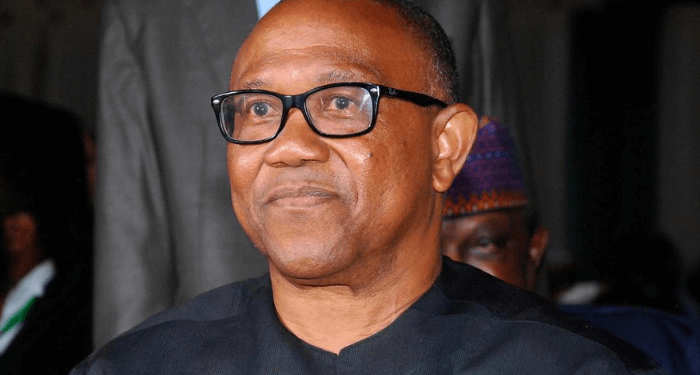A former Attorney General and Commissioner for Justice in Oyo State, Mutalubi Adebayo, has strongly condemned the intervention of Osun State Governor, Ademola Adeleke, in the death sentence of Segun Olowookere, a young man convicted of armed robbery.
Adebayo cautioned against actions that could undermine the independence of the judiciary and put judges at risk.
Olowookere and Sunday Morakinyo were convicted by Justice Oyejide Falola of the Osun State High Court in Okuku for armed robbery. The two men were found guilty of breaking into the home of a police officer, Balogun Tope, in April 2010, and stealing his belongings while armed with firearms. Following their conviction, they were sentenced to death by hanging.
Governor Adeleke, however, intervened in the case after Olowookere’s parents claimed in a viral podcast that their son had been sentenced to death for stealing a fowl. In response, the governor called for an investigation into the case and initiated the process to pardon Olowookere.
In a statement issued to journalists in Osogbo on Wednesday, Adebayo criticized what he described as unconstitutional interference in the judicial process. He warned that such actions could lead to dangerous precedents, particularly by exposing judges to public scrutiny and threats from criminals. He also expressed concern that this could jeopardize the safety of the judiciary.
Adebayo emphasized that claims that Olowookere had been sentenced to death for stealing a fowl were entirely false. “The assertion that the prisoner was convicted and sentenced to death for stealing a fowl is a deliberate falsehood and an attempt to secure his release through underhanded tactics,” he said. He clarified that Olowookere was part of a notorious armed robbery gang that had terrorized the residents of Odo-Otin Local Government Area in Osun State before his arrest. He further noted that the convict had been fairly tried and sentenced, and there had been no appeal against the judgment for over 14 years.
While acknowledging that the president and governors have the constitutional authority to grant pardons, Adebayo pointed out that it is unconstitutional for the executive to investigate judicial decisions. He explained that the executive does not have the power to review or question the reasoning behind court rulings. “Investigating judges for their decisions amounts to a usurpation of the judiciary’s constitutional role,” he said.
Adebayo also expressed concern over the harassment of judges, particularly online, due to the performance of their lawful duties. He described these attacks as deeply traumatic for judges, especially when they are based on false information and rumors.
In conclusion, Adebayo urged both the government and the public to respect the separation of powers and avoid being influenced by misleading narratives spread by bloggers and social media commentators. He called for a more responsible approach to justice, one that respects the integrity of the judiciary and the rule of law.






